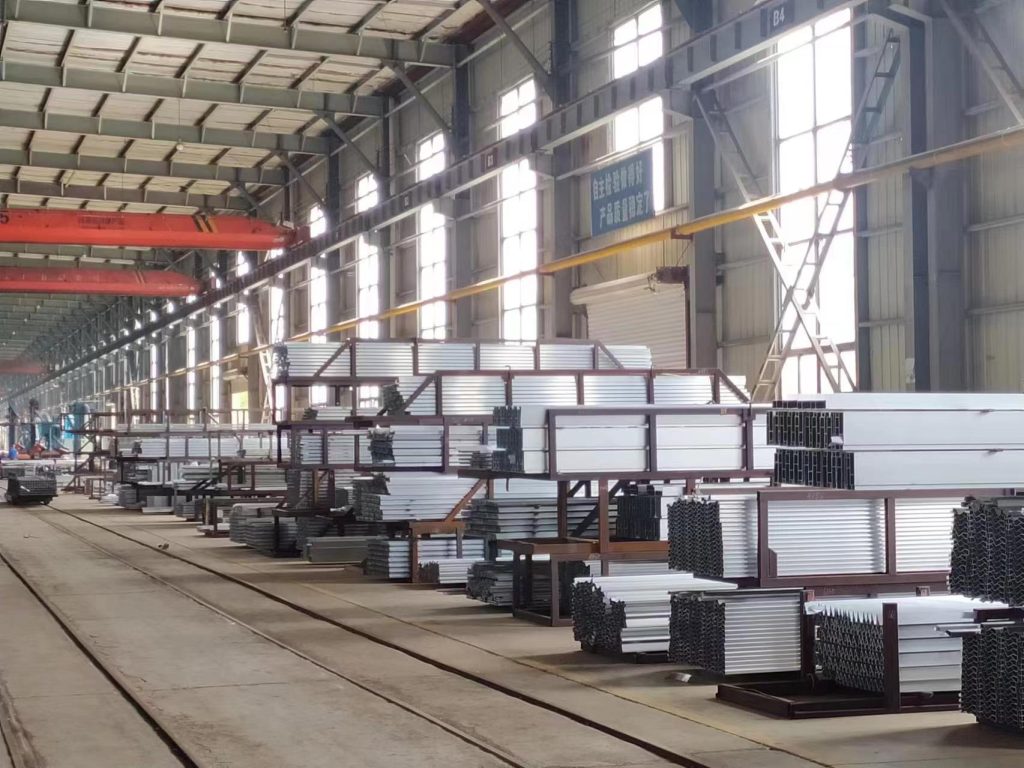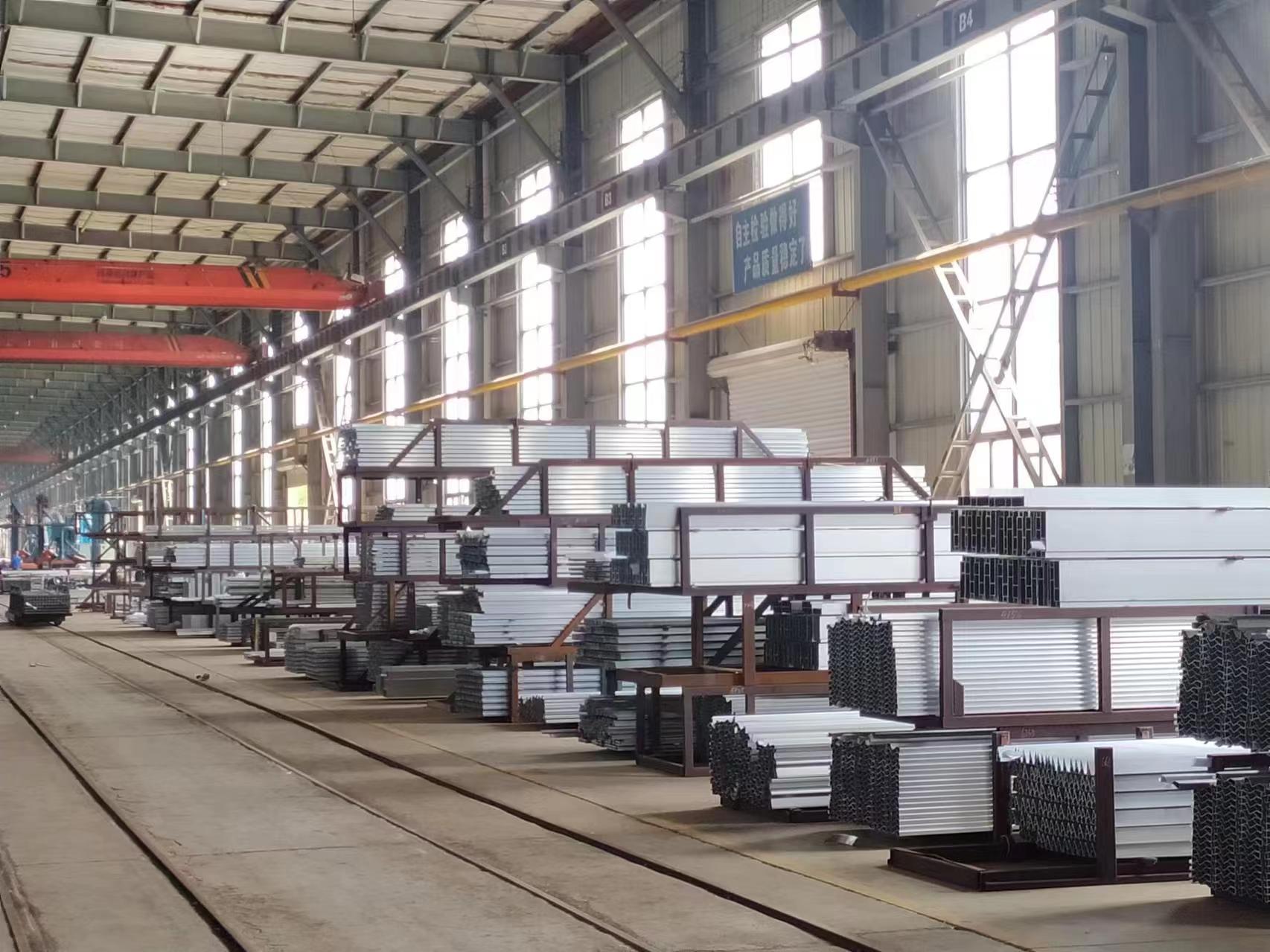Introduction
The choice of materials for door frames in medical settings has undergone significant changes over the years. From the early use of wood to the adoption of steel, and now the dominance of aluminum alloy, the evolution reflects a continuous pursuit of better performance, durability, and aesthetic appeal. In recent years, aluminum alloy has emerged as the material of choice for new door and window frames due to its outstanding properties. This article explores the development stages of medical door frames and highlights the key advantages of aluminum alloy in modern applications.
Development Stages of Medical Door Frames
Initially, wood was the primary material used for door frames in medical facilities. While wood provided a certain level of aesthetic appeal, it lacked durability and required frequent maintenance. The transition to steel offered improvements in strength and longevity, but steel’s susceptibility to rust and corrosion posed challenges, especially in environments that demanded high hygiene standards.
In recent years, aluminum alloy has gradually replaced traditional materials, becoming the preferred choice for medical door frames. This shift is driven by aluminum alloy’s superior performance characteristics and its ability to meet the stringent requirements of modern medical facilities.
Advantages of Aluminum Alloy Door Frames
Light Weight and High Strength
Aluminum alloy is known for its lightweight and high-strength properties. With a density that is only one-third of steel, aluminum alloy significantly reduces the weight of door and window frames. On average, aluminum profiles used for door and window frames consume only 8 to 12 kg per square meter, about half the weight of wooden frames. Despite its lightness, aluminum alloy boasts a strength comparable to low-carbon steel, making it ideal for high-strength applications such as aircraft fuselages, wings, and support structures. For instance, aluminum alloy materials constitute up to 81% of a Boeing 737.
Good Sealing Performance
The high processing precision and inherent strength of aluminum alloy profiles enable excellent sealing performance. The structural design allows for airtight strips to be embedded within the profiles, enhancing air tightness, sound insulation, and heat insulation. Compared to wooden and steel doors, aluminum alloy door frames significantly improve building functions and reduce energy consumption. These attributes make aluminum alloy frames suitable not only for clean areas but also for buildings with special requirements for dust prevention, sound insulation, and heat preservation.
Corrosion Resistance and Durability
One of the standout features of aluminum alloy door frames is their exceptional corrosion resistance. Unlike steel, aluminum does not rust, corrode, or fade easily, which greatly reduces the cost of anti-corrosion maintenance. Aluminum alloy doors and windows maintain high overall strength and rigidity, do not deform, and offer light and flexible opening and closing mechanisms. This durability ensures an unlimited service life, making aluminum alloy a cost-effective and reliable choice.
Aesthetic Appeal
Aluminum alloy door and window frames can undergo surface oxidation and coloring treatments to maintain their silvery-white appearance or be painted in various soft and beautiful colors. This versatility in finish allows aluminum frames to complement various architectural styles and enhance the visual appeal of buildings. When paired with special or decorative glass, aluminum alloy frames contribute significantly to the aesthetic brilliance of any structure.
Applications in Modern Medical Facilities
In medical settings, hygiene and easy maintenance are paramount. Aluminum alloy door frames meet these needs with their corrosion resistance and smooth surfaces that are easy to clean. They are commonly used in hospitals and clinics where maintaining a sterile environment is critical. Successful implementations of aluminum alloy door frames in modern medical facilities underscore their practicality and aesthetic appeal.
Conclusion
Aluminum alloy door frames offer a compelling combination of light weight, high strength, excellent sealing performance, corrosion resistance, durability, and aesthetic versatility. As the preferred choice for modern medical facilities, aluminum alloy frames not only enhance functionality but also contribute to the overall efficiency and visual appeal of buildings. Embracing aluminum alloy for door and window frames is a step forward in adopting advanced materials that meet the evolving needs of various applications.

